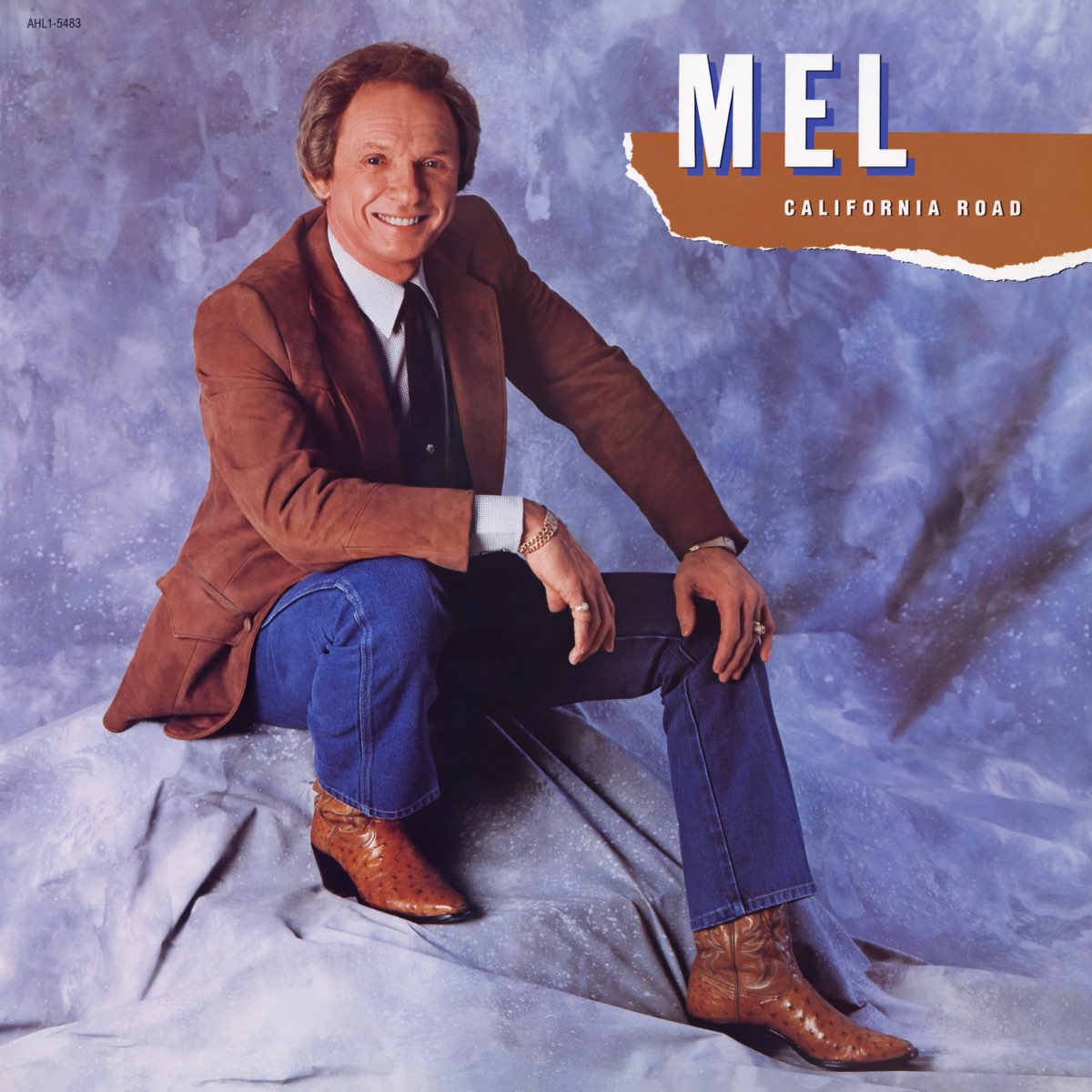
The Timeless Resonance of Mel Tillis’s “Good Woman Blues”
“Good Woman Blues” by Mel Tillis is a poignant testament to the enduring appeal of classic country music, evoking a sense of nostalgia and emotional depth that resonates with listeners even decades after its release. This song, featured on the 1976 album “Love Revival,” reached an impressive pinnacle when it climbed to the number one position on the Billboard Hot Country Singles chart. Its success marked a significant achievement in Mel Tillis’s illustrious career, solidifying his reputation as a master storyteller and an iconic voice in country music.
The story behind “Good Woman Blues” is as compelling as the song itself. Written by Ken McDuffie, the song captures the complexities of love and longing with a simplicity that is both heartwarming and haunting. It reflects the era’s traditional country themes, focusing on the timeless narrative of a man grappling with his emotions and desires. The lyrics paint a vivid picture of a man’s internal struggle as he balances his yearning for freedom with his deep appreciation for a good woman’s love. This duality is something many listeners can relate to, making the song a cherished piece of musical history.
The emotional core of “Good Woman Blues” lies in its exploration of human relationships and the inherent tension between independence and connection. In an age where values were shifting and personal identities were being redefined, Tillis’s delivery of this song resonated with audiences who found solace in its familiar themes. His deep, resonant voice conveys a profound sense of sincerity, drawing listeners into the narrative with each note. The melody, rich with traditional country instrumentation, underscores the heartfelt lyrics, creating an immersive listening experience that transports one back to simpler times.
For those who lived through the 1970s, “Good Woman Blues” serves as a melodic time capsule, capturing the essence of an era defined by both social upheaval and musical innovation. The song’s warm tones and genuine storytelling evoke memories of long drives on dusty roads, family gatherings where music was the backdrop to life’s most important moments, and quiet evenings spent reflecting on love gained and lost. It’s a reminder of how music has the power to capture life’s most profound emotions, preserving them for generations to come.
Mel Tillis, known for his rich baritone voice and remarkable ability to connect with audiences, brought authenticity and warmth to every performance. His unique ability to infuse songs with personal experience and genuine emotion made him one of country music’s most beloved figures. With “Good Woman Blues,” Tillis not only added another hit to his repertoire but also contributed a timeless classic that continues to resonate with those who appreciate the art of storytelling through music.
In revisiting this classic track, listeners are invited to reflect on their own experiences and relationships, finding comfort in the familiar strains of Tillis’s voice and the universal themes woven throughout the song. “Good Woman Blues” remains an enduring symbol of country music’s golden era—a poignant reminder of love’s complexities and the simple truths that bind us all together.
